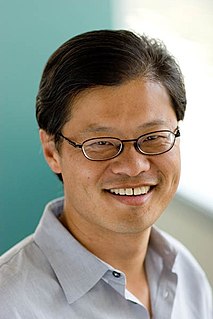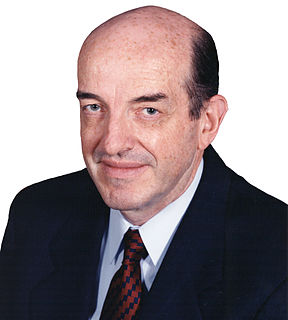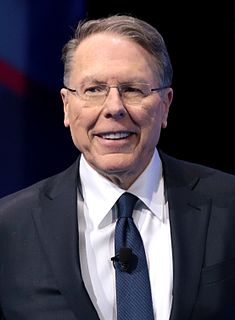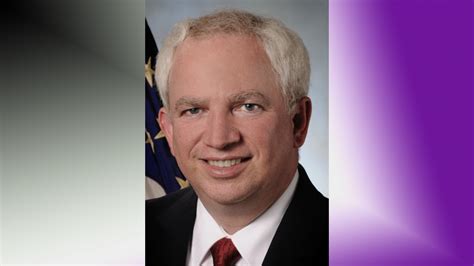A Quote by Jerry Yang
The Internet, as a First Amendment medium, hinges on free expression, and that means free advertising.
Related Quotes
Advertising and the free society are closely connected. Advertising helps to make a free society remain so by increasing competition, and by helping to maintain the freedom of the mass media themselves. The free society is one where advertising and advertising agencies are likely to be in considerable demand, though it is true that even in a totally centralist society there would still be a need for organisations and people to have access to mass communication media.
If you have an internet service provider that's capable of slowing down other sites, or putting other sites out of business, or favoring their own friends and affiliates and customers who can pay for fast lanes, that's a horrible infringement on free speech. It's censorship by media monopolies. It's tragic: here we have a technology, the internet, that's capable really of being the town square of democracy, paved with broadband bricks, and we are letting it be taken over by a few gatekeepers. This is a first amendment issue; it's free speech versus corporate censorship.
I think the reality is that copyright law has for a very long time been a tiny little part of American jurisprudence, far removed from traditional First Amendment jurisprudence, and that made sense before the Internet. Now there is an unavoidable link between First Amendment interests and the scope of copyright law. The legal system is recognizing for the first time the extraordinary expanse of copyright regulation and its regulation of ordinary free-speech activities.
The First Amendment guarantees liberty of human expression in order to preserve in our Nation what Mr. Justice Holmes called a "free trade in ideas." To that end, the Constitution protects more than just a man's freedom to say or write or publish what he wants. It secures as well the liberty of each man to decide for himself what he will read and to what he will listen. The Constitution guarantees, in short, a society of free choice.



































